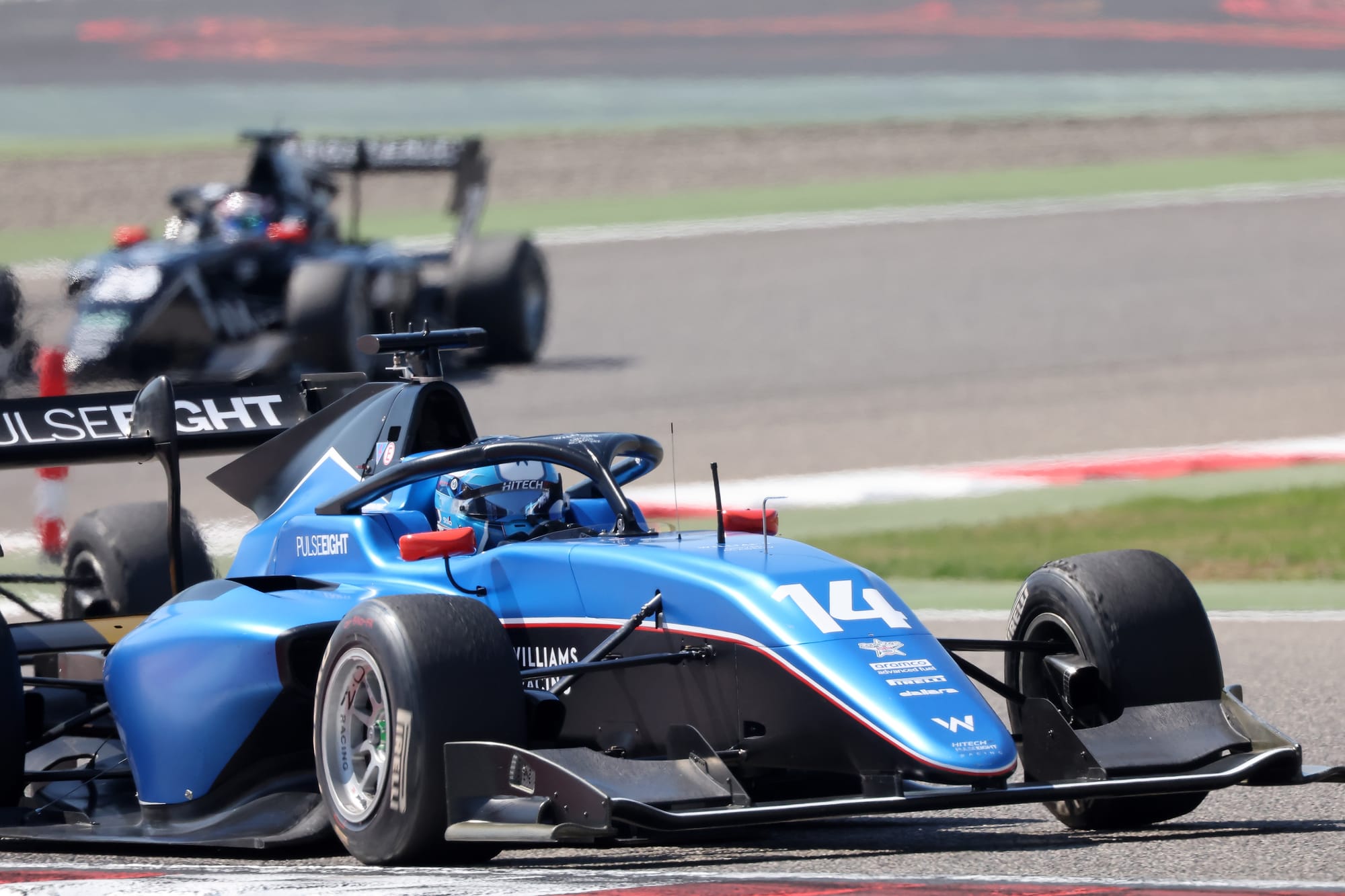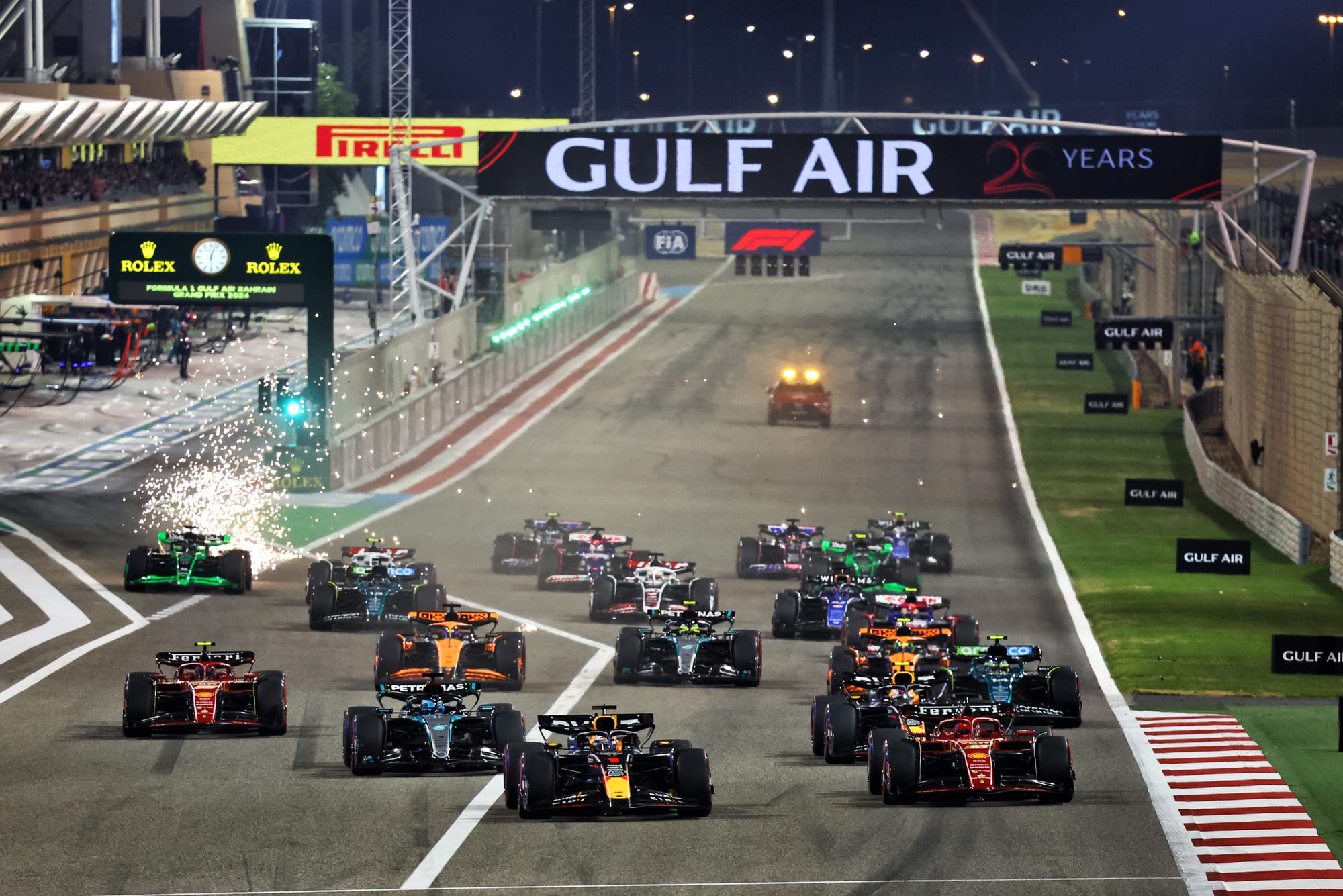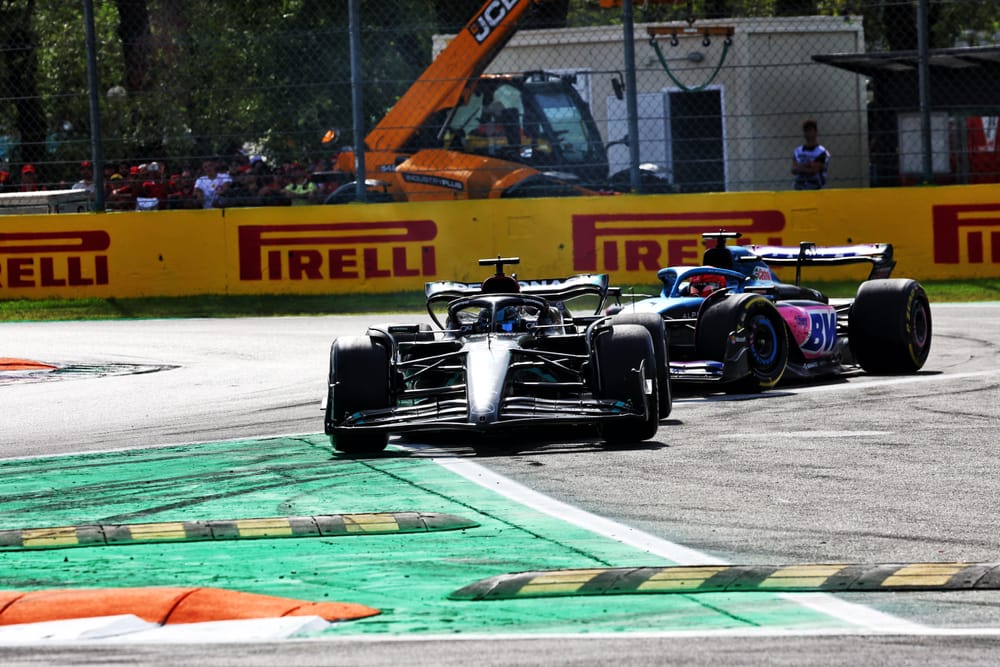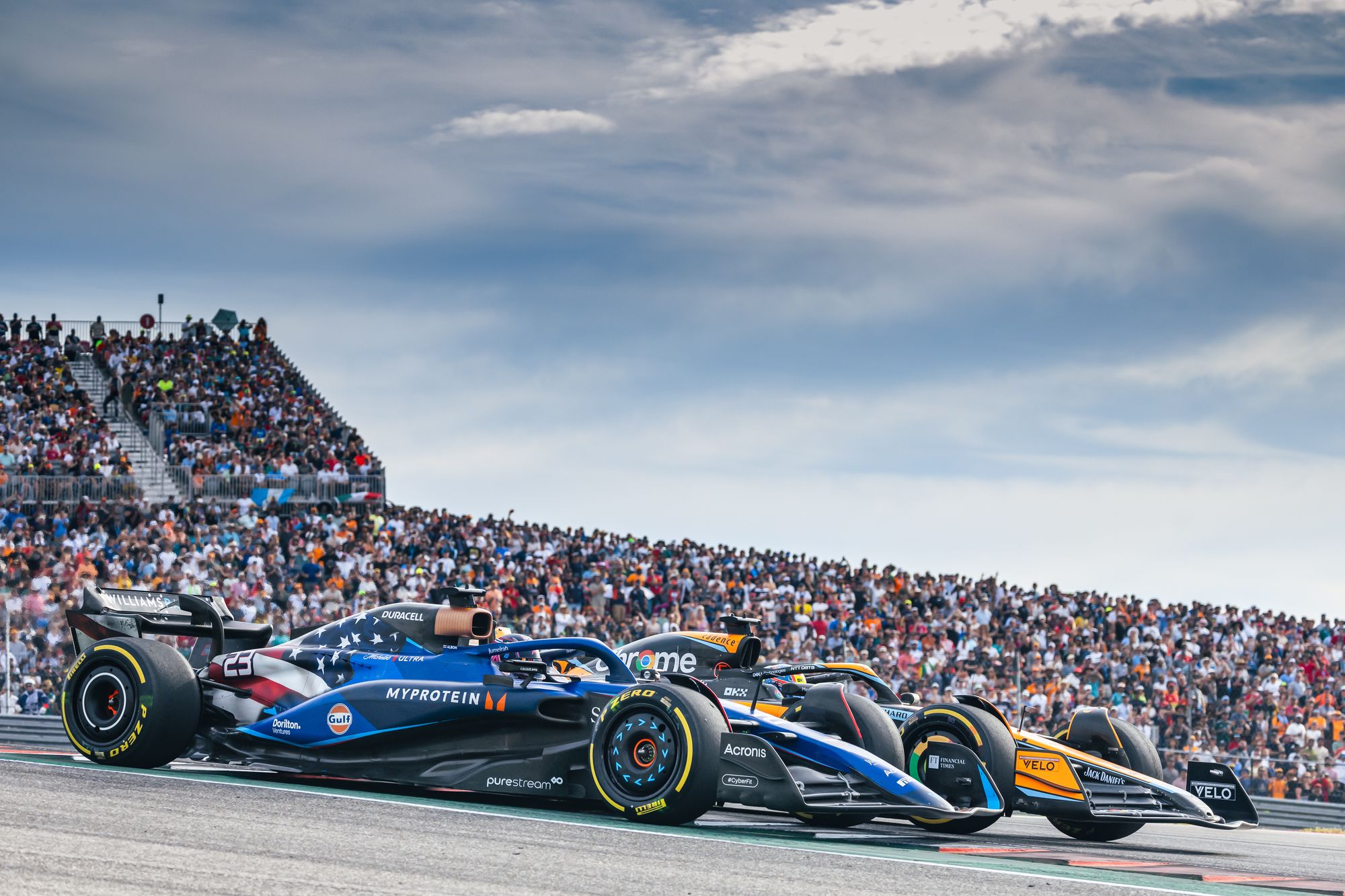Up Next

Formula 1 drivers who gain an advantage by going off track will receive a different punishment to the unpopular and insufficient five-second penalty that had become standard.
FIA stewards have a wide range of potential penalties they may impose on a driver that is involved in an incident but there has been a tendency to default to the same five-second time penalty for a range of infringements.
This must either be served at the driver’s next pitstop or is added to their race time should the driver not come into the pits again after receiving the penalty, and it is often considered an insufficient punishment.
Many drivers and observers feel that it is too easy to recover from or offset that penalty, especially when it concerns a driver in a faster car who has committed an offence against one in a slower car.
For this season, one specific example will change, as a 10-second penalty is set to be imposed should a driver go off track to gain a position.

Though there was no relevant incident to implement this in the F1 season opener in Bahrain last week, it was imposed during the first Formula 3 support race in which Luke Browning received a 10-second time penalty for overtaking off-track.
It comes after extensive discussions engaging with the drivers in dialogue over setting racing guidelines, especially one meeting in Mexico last year - the week after a contentious George Russell move in the United States Grand Prix sprint race.
A bold but ultimately costly move from George Russell
— Formula 1 (@F1) October 22, 2023
The five-second penalty saw him eventually finish in eighth place #F1Sprint #USGP pic.twitter.com/QIy1sQMKj8
When Russell overtook Piastri off track in that sprint race, it was widely interpreted as deliberate.
Russell had previously complained in a drivers’ briefing that the rules meant it was worth doing it to get track position at a low cost.
As nothing was done to stop it, he started taking advantage with illegal overtakes at the Italian Grand Prix and then at Austin - Fernando Alonso has acted similarly in the past, abusing the rules to benefit himself and effectively prove a point.
It was widely accepted by drivers that they knew if they overtook off-track and did not give the position back, they would only get a five-second penalty - and they’d rather have that than have to forfeit track position and try to overtake again.
They admitted what was already widely known, that the penalty was not enough of a deterrent. Having been the victim of a Sergio Perez divebomb in Singapore last year, then a witness to him doing the same thing at the next race in Japan, Alex Albon argued it showed drivers did not care.
WIDER PENALTY REVIEW?

Part of the justification for the almost standardisation of in-race penalties has always been that stewards tend to issue penalties in line with previous decisions for similar incidents, effectively following precedent.
But it has long been argued that the stewards need to make use of the ‘menu’ of penalty options available to them in the regulations.
Penalties stewards may impose
A five-second time penalty
A 10-second time penalty
A drivethrough penalty
A 10-second stop-and-go time penalty
A time penalty of the stewards’ discretion
A reprimand
A grid penalty
Disqualification
Suspension from the next competition
If the stewards were regularly picking between the full range of options and applying different time penalties, or a drivethrough, or even a stop-and-go, then drivers would be far less likely to try to game the system.
While this will not be the case now the 10-second penalty simply replaces the five-second penalty as the favoured punishment of choice for going off track and gaining a lasting advantage, at least a 10-second penalty will be harder to overcome.
What is unclear is whether or not this will also apply to other incidents, like causing a collision or repeat track-limits offences (which normally add up to a five-second penalty).
These could be treated on more of a case-by-case basis.





